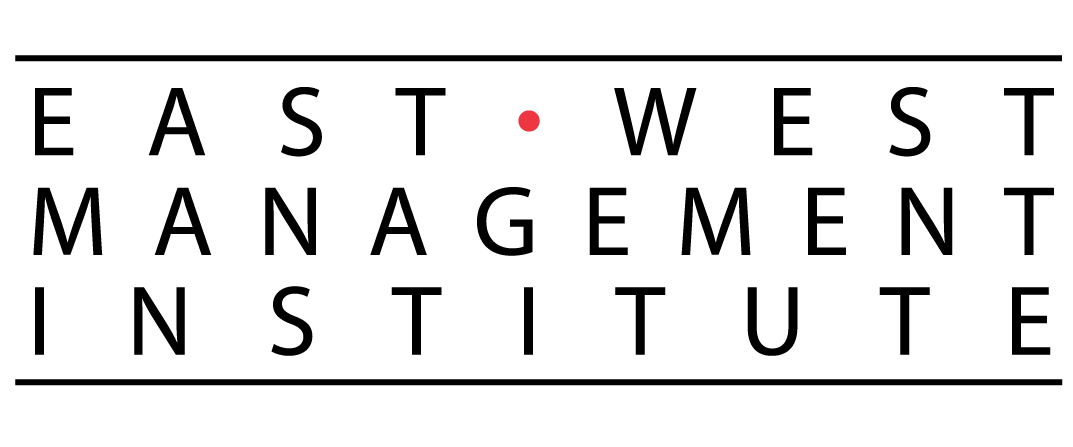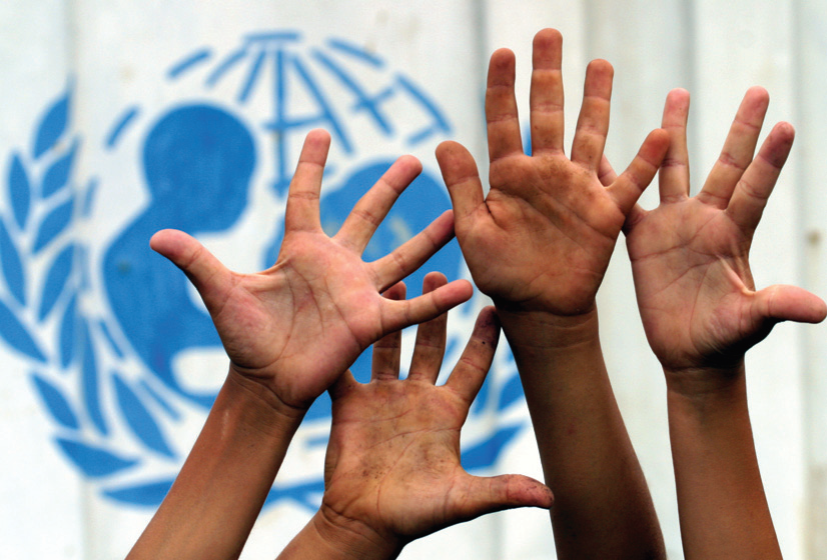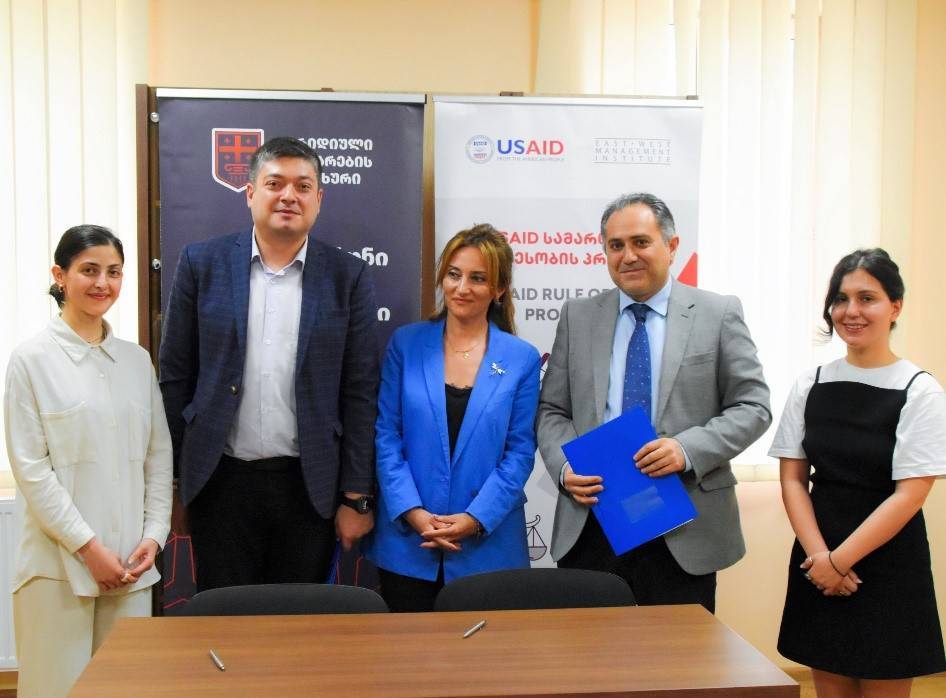GYLA Wins Another Ill-Treatment Case at ECtHR
The European Court of Human Rights (ECtHR) made an important judgment in the case of Ochigava v. Georgia, concerning alleged systematic ill-treatment in Tbilisi Prison no. 8 (“Gldani Prison”) during the period from 2011 to 2014, and the domestic authorities’ failure to conduct an effective investigation into the applicant’s allegations. The case was litigated by the Georgian Young Lawyers Association (GYLA) with support from the European Human Rights Advocacy Center (EHRAC) and USAID/PROLoG.
The applicant was severely beaten by the penitentiary institution staff, because of which he required numerous surgical interventions and was put in solitary confinement as an additional measure of abuse. The ECtHR observed that while the applicant formally complained of ill-treatment as early as October 2012, it took the domestic authorities more than five years to identify the perpetrators and secure convictions against some of them (the applicant named eleven prison officers as involved, but only seven were convicted). Furthermore, the domestic authorities clearly did not investigate several other serious incidents. The Court also noted that the applicant consistently stated before the domestic authorities that not only the seven convicted prison officers but also a number of other senior prison officers had participated in his ill-treatment, but the role of those additional perpetrators was not explored.
The Court considered that despite the conviction of the seven prison officers, the outcome of the procedurally flawed criminal proceedings could not be considered to have constituted sufficient redress for the applicant. The Court reiterated that “justice delayed is often justice denied,” as the existence of unreasonable periods of inactivity and a lack of diligence on the authorities’ part in conducting the proceedings may render the investigation ineffective.
The Court stated that the findings of the domestic courts make it clear that the applicant’s ill-treatment was directly attributable to the respondent State and committed by representatives of the prison authority as part of both the systematic and systemic abuse of inmates of Gldani Prison. The Court also noted that the domestic courts awarded no damages to the applicant for the injuries he sustained as a result of the ill-treatment.
The ECtHR declared there has been a violation of both the substantive and procedural aspects of Article 3 of the European Convention on Human Rights based on the applicant’s ill-treatment, certain acts of which amounted to torture, and the lack of an effective criminal investigation, and ordered the State to pay the applicant EUR 20,000 in non-pecuniary damages.







